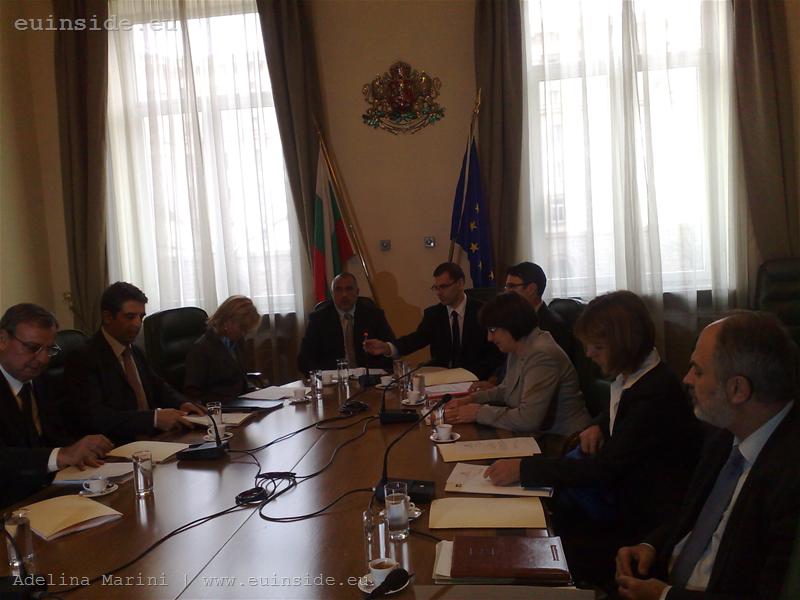IME: Farmers' subsidies harm agriculture
Adelina Marini, June 4, 2009
For the last 6 years the farmers in Bulgaria have used tax reliefs for 779 mn. levs (399 mn euro) in the form of no taxes over their income, the tax over the profit is ceded in 60 % and the paid excise duty over the fuels is being returned. In the meantime, in spite of the enormous assistance, a majority of the farmers declare very low income - for 2007 a little over 67% of the farmers have declared up to 60 levs (30.8 euro) per month and only 2% (or 651 farmers) have declared income of over 500 levs (250 euro) per month. These are the conclusions of a research of the Bulgarian Institute for market economy, published yesterday. The authors of the report say that subsidies in agriculture actually harm the sector.
For the period 2001-2007 the share of agriculture in the GDP decreased more than twice, in spite of the years of strong economic growth in Bulgaria. This is in contrast to the state aids for the sector for years which constantly increase. The assistance for the farmers during the period 2001-2007, mainly by tax reliefs and subsidies exceeds as a total amount 2.5 bn levs (1.28 bn euro), the report says.
Given the information for the subsidies, paid by the Scheme for direct payments per one unit of area for 2007, we can see that 80% of the subsidies have been paid to a little over than 7& of the farmers or 5,000 farmers. The rest - approx. 70,000 beneficiaries have received less than 20% of overall money.
That is why the Institute for market economy proposes total abolition of tax alleviation, of the subsidies, paid by the budget, improvement of the business conditions, cessation of interventions on the market and decrease of bureaucracy.
 | © European Parliament Photo Service
| © European Parliament Photo Service | © Audiovisual Service
| © Audiovisual Service | © euinside
| © euinside